IBM recently hosted a webinar with NBCUniversal DevOps platform manager John Comas to talk about some of the changes that have taken place after prioritizing environmental access and efficiency.
We’ve pulled out some of the highlights that stood out to us, but we encourage you to view the webinar as a whole, which can be found below!
DevOps has been defined 10,000 different ways, and while many believe a concrete, universally agreed upon definition isn’t necessary—or likely to ever exist—I love IBM DevOps CTO Sanjeev Sharma’s definition that he gives at the start of this webinar. Sharma not only includes the evolution of DevOps, he goes a step further to point out feedback’s importance in shaping a product’s future. Sharma states:
When we look at DevOps holistically, it started with the goal of increasing and enhancing the communication, collaboration, and trust between the development and operations teams. But as DevOps has matured, the goal has grown to include all of the stakeholders who are involved in getting ideas out to clients to give them business value and then gathering feedback from them so we can improve what we just delivered…
With one of DevOps’ primary goals being to remove the bottlenecks that prevent the consistent delivery of quality code, Sharma shares the results of a recent IBM survey that showed that the “high cost of setting up and maintaining test environments” continues to plague development and test teams today. We’ve seen this same answer in our own industry surveys here at Skytap, and Sharma points out that they see cost and contention among environments near the top of the list of every group they poll.

So how do you eliminate this bottleneck in particular? How do you make sure that development and test teams always have access to the environments they need to prevent missed deadlines, or worse, bugs making it into production due to insufficient time for testing?
John Comas summarizes the goal for DevOps as “to improve the quality of the code we deliver,” but when developers want to deliver changes, operations wants to promote stability, and QA wants to mitigate potential problems associated with changes—silos are formed, lines are drawn, and collaboration becomes difficult to imagine.
Comas then gets into what NBCUniversal gets out of DevOps, and later in the webinar, how IDTES (IBM Development and test environment services) makes it all possible. Comas describes the 5Cs of DevOps, and how IDTES has enabled them to merge continuous integration, continuous delivery, and continuous testing into a single workflow.

For a quick, 3-minute look at how IBM IDTES accomplishes this, click here!
One of the most powerful points in the webinar is when Comas explains just how impactful these changes have been for NBCUniversal. Describing an all-too-common scenario for enterprise development and test teams around the globe, Comas states:
We have about a thousand test cases that run for our regression suite for an application. Previous to DevOps, those tests were always run on a single server. We didn’t have a VM farm dedicated to QA analysis, and it was taking way too long to run all these tests in series. This would take weeks to get through the process.

With the need to test earlier and more consistently throughout the SDLC, NBCUniversal turned to IBM IDTES, and the results have been incredible. Says Comas:
We’ve taken a process that normally would’ve taken about two months, and reduced it down to 46 minutes. This has improved productivity and code quality by orders of magnitude… It takes about a minute to spin up an environment. Once it comes online, we run the tests in parallel across boxes, and it now only takes minutes when it used to take weeks. We then suspend the environment, and we’re done. The environment is never burning hours when not in use.
We encourage you to view this webinar in its entirety to get a deeper look at what real efficiency looks like, and how a commitment to code quality is paying off at NBCUniversal.
